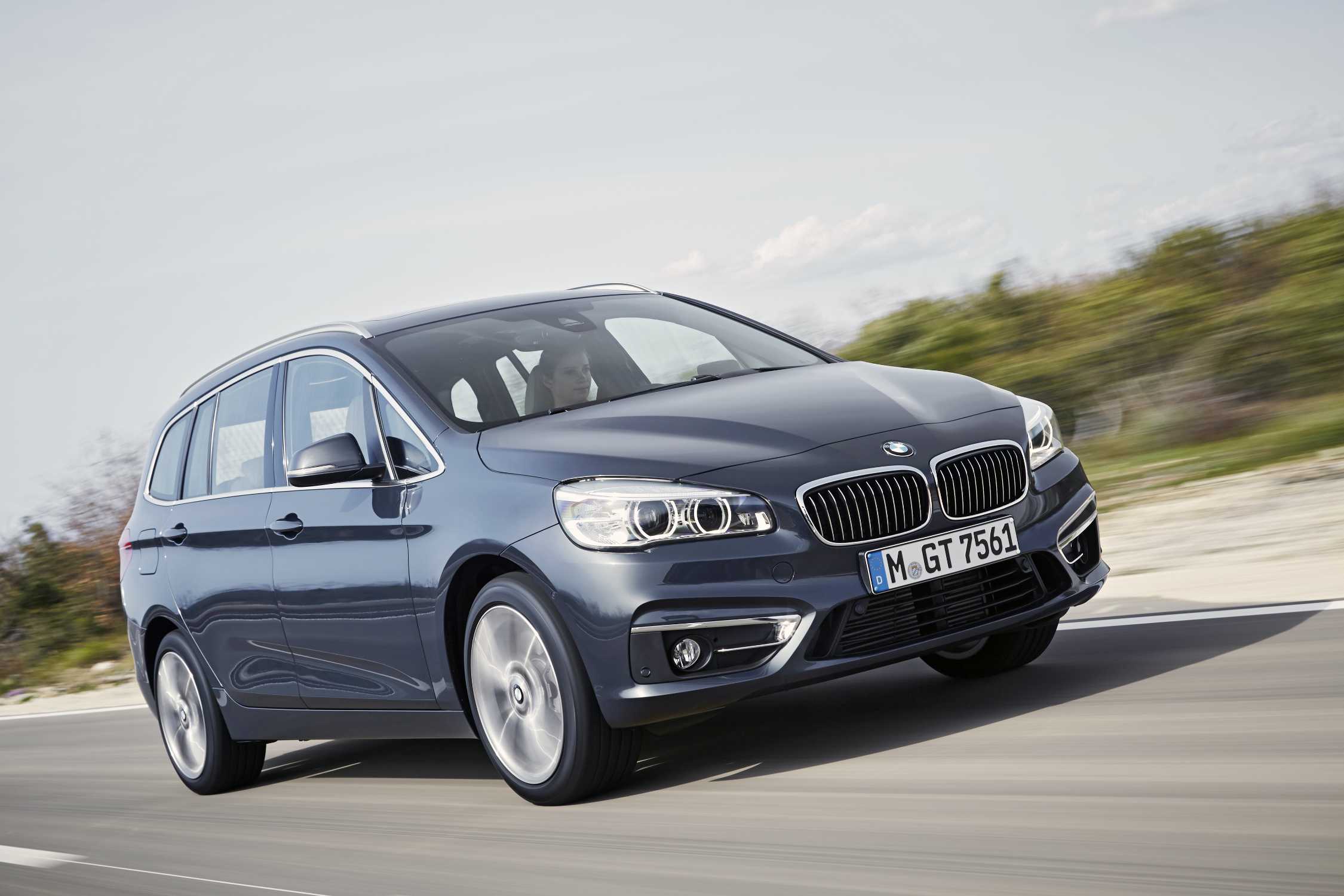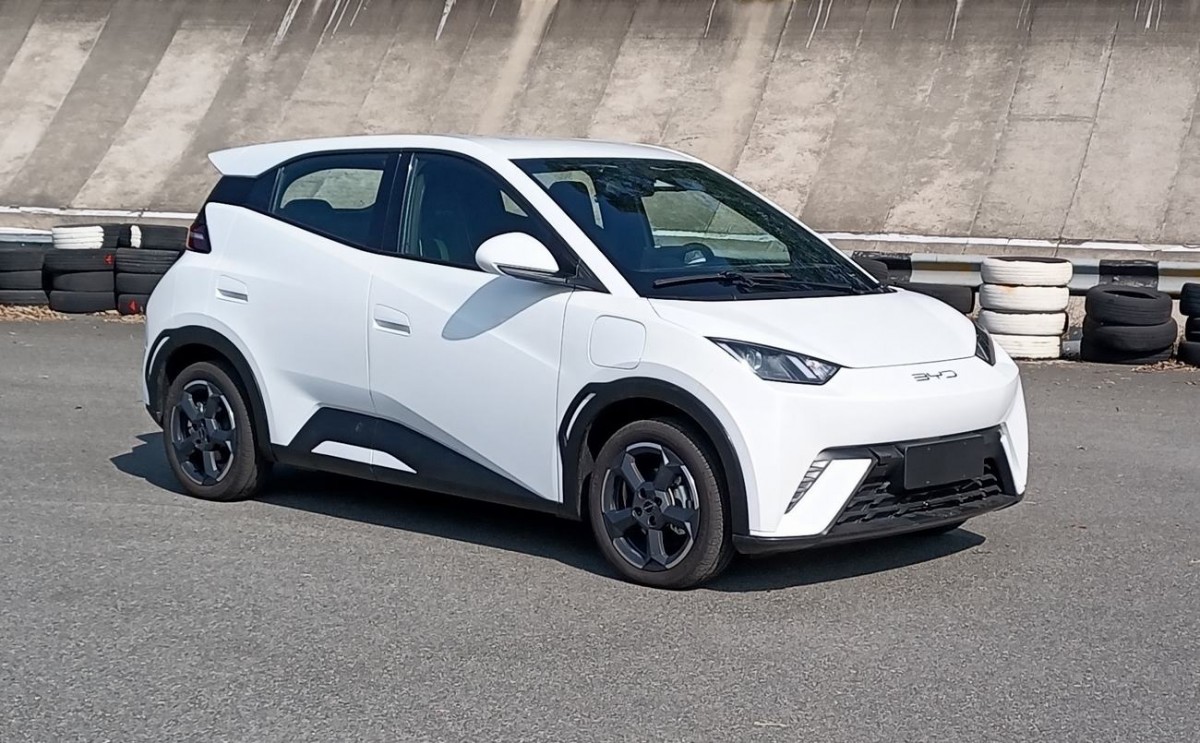Analyzing The Chinese Market: Why BMW And Porsche Face Significant Headwinds

Table of Contents
The Rise of Domestic Competition
The Chinese automotive industry has undergone a dramatic transformation, posing a considerable threat to foreign luxury brands. This competition manifests in two key areas: the improved quality and brand recognition of Chinese automakers and the substantial government support they receive.
Increased Quality and Brand Recognition of Chinese Automakers
Chinese automakers like Nio, Xpeng, and BYD have made remarkable strides in improving the quality and technological sophistication of their vehicles. This progress is reflected in increasingly positive consumer perception and growing brand loyalty. Nationalistic sentiment also plays a significant role, with many Chinese consumers actively choosing domestic brands to support the national economy.
- Bullet Point: BYD's Han EV offers comparable luxury features at a significantly lower price point than the BMW 5 Series, attracting budget-conscious consumers.
- Bullet Point: Nio and Xpeng are gaining traction with younger, tech-savvy consumers through their advanced driver-assistance systems and digital features.
- Bullet Point: Improved build quality and design are eroding the perceived superiority of German engineering among a growing segment of Chinese buyers.
The competition is not just about price; it's about a comprehensive package of features, technology, and brand identity resonating deeply with the Chinese consumer.
Government Support and Subsidies for Domestic Brands
The Chinese government actively promotes its domestic auto industry through various incentives and policies. These initiatives, including substantial subsidies for electric vehicles and tax breaks, significantly enhance the pricing competitiveness of Chinese brands.
- Bullet Point: Tax breaks and electric vehicle subsidies are making Chinese EVs significantly more attractive to consumers compared to their imported counterparts.
- Bullet Point: Government investment in charging infrastructure and battery technology further strengthens the appeal of domestically produced EVs.
- Bullet Point: Access to preferential loans and other financial support advantages gives Chinese automakers a competitive edge in terms of production and expansion.
This level of government support creates a formidable challenge for foreign automakers who lack similar advantages within the Chinese market.
Shifting Consumer Preferences
Beyond the competitive landscape, BMW and Porsche are also facing a fundamental shift in consumer preferences within the Chinese market. This shift revolves around the increasing demand for electric vehicles and a strong emphasis on digitalization and connected car features.
Demand for Electric Vehicles (EVs) and Technological Innovation
The demand for electric vehicles in China is exploding, driven by government policies promoting clean energy and growing environmental awareness. While BMW and Porsche offer EVs, their offerings lag behind Chinese competitors in terms of technological innovation and range in many instances.
- Bullet Point: Chinese EV makers are often perceived as more technologically advanced in areas like autonomous driving and battery technology.
- Bullet Point: The extensive charging infrastructure in China benefits Chinese EV makers more than foreign brands who are still building their networks.
- Bullet Point: Local brands often offer more competitive pricing and financing options for their EVs.
This gap in technological innovation and consumer perception presents a significant hurdle for the German luxury brands.
Focus on Digitalization and Connected Car Features
Chinese consumers value digital features and connected car experiences more than many other markets. Seamless integration with local payment apps, social media platforms, and other digital services is crucial for success. BMW and Porsche, while making efforts, are still playing catch-up to local brands in this area.
- Bullet Point: Integration of local payment apps like Alipay and WeChat Pay is essential for a smooth and convenient user experience.
- Bullet Point: Chinese consumers expect high levels of connectivity and sophisticated infotainment systems, features often exceeding those offered by foreign brands.
- Bullet Point: Data privacy and security concerns are also paramount and require specific adaptations for the Chinese market.
Economic and Geopolitical Factors
Beyond the direct competition and consumer preferences, broader economic and geopolitical factors further complicate the situation for BMW and Porsche in China.
Economic Slowdown and Consumer Sentiment
China's economic slowdown, while showing signs of recovery, has impacted luxury car sales. Reduced consumer confidence and increased economic uncertainty lead to more cautious purchasing decisions, impacting demand for high-priced vehicles.
- Bullet Point: Uncertainty surrounding the economy might lead consumers to prioritize more affordable options or delay large purchases.
- Bullet Point: A decrease in disposable income affects the luxury car market more significantly than the mass-market segment.
- Bullet Point: The overall economic climate impacts consumer spending habits and luxury goods are often the first to be affected.
Geopolitical Tensions and Trade Relations
US-China relations and trade tensions significantly impact the automotive sector. Tariffs, trade disputes, and potential disruptions to supply chains directly affect the cost and availability of imported German vehicles.
- Bullet Point: Tariffs and trade disputes could increase the cost of importing German vehicles, making them less competitive.
- Bullet Point: Supply chain disruptions can lead to production delays and shortages, impacting availability and sales.
- Bullet Point: Geopolitical instability can create uncertainty and discourage investment in the Chinese market.
Conclusion
Analyzing the Chinese market reveals significant headwinds for BMW and Porsche. The rise of competitive domestic brands, evolving consumer preferences, and economic uncertainties present formidable challenges. To maintain their market share, these luxury brands must adapt to the unique demands of the Chinese market, including embracing electric vehicle technology, focusing on digitalization, and navigating the complex geopolitical landscape. Successfully navigating these challenges will be critical for the future success of these brands in the rapidly changing Chinese automotive market. Continue to follow our analyses of the Chinese market to stay informed on the ongoing changes and their impact on major automotive players.

Featured Posts
-
 Horario Y Canal Atalanta Vs Lazio En Vivo Serie A 2025
May 13, 2025
Horario Y Canal Atalanta Vs Lazio En Vivo Serie A 2025
May 13, 2025 -
 Sabalenka Claims Madrid Open Title A Win Over Gauff
May 13, 2025
Sabalenka Claims Madrid Open Title A Win Over Gauff
May 13, 2025 -
 Byd Ev Di Mas 2025 Dapatkan Rm 800 Kredit Cas 9 15 Mei And Sertai Konsert Rentak Elektrik
May 13, 2025
Byd Ev Di Mas 2025 Dapatkan Rm 800 Kredit Cas 9 15 Mei And Sertai Konsert Rentak Elektrik
May 13, 2025 -
 Predicting The Dodgers Vs Cubs Game Will The Home Team Win Again
May 13, 2025
Predicting The Dodgers Vs Cubs Game Will The Home Team Win Again
May 13, 2025 -
 Dot Secretarys Criticism Of Biden Administrations Air Traffic Control Following Newark Airport Delays
May 13, 2025
Dot Secretarys Criticism Of Biden Administrations Air Traffic Control Following Newark Airport Delays
May 13, 2025
